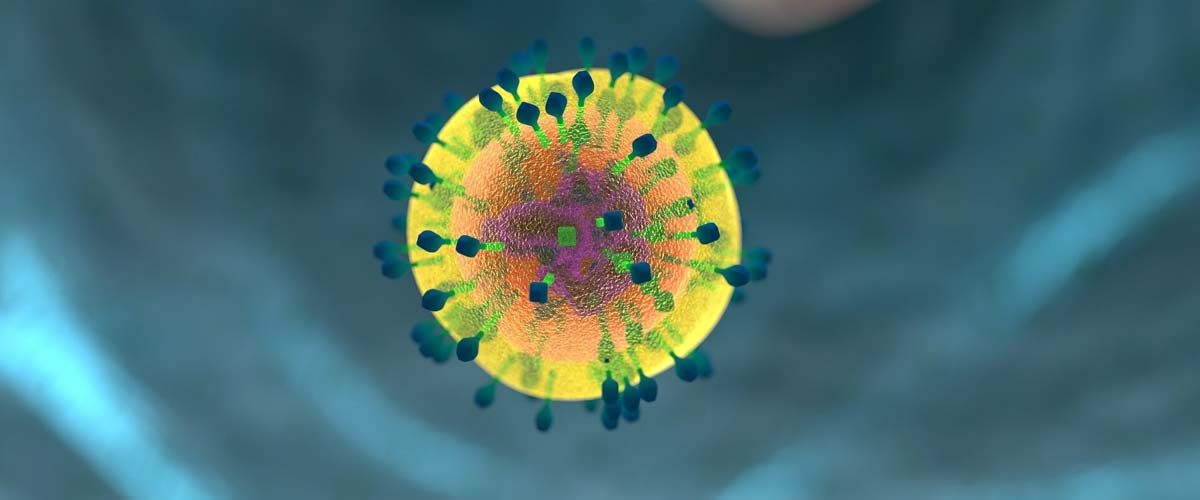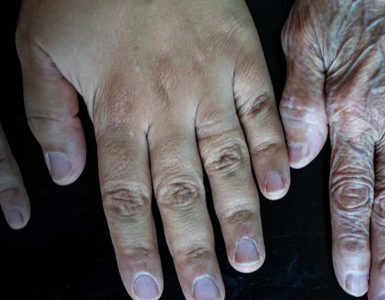A paper published in the Frontiers in Psychology studied the impact of the COVID-19 era upon a random group of individuals’ dream patterns. For carrying out this study, artificial intelligence was utilized, and several individuals’ similar and recurrent dreams were analyzed.
Over 4,000 people were chosen for this study undergoing lockdown in Finland. The collective response of an overall anxious attitude towards the pandemic was also recorded.
The head of the Sleep & Mind Research Group at the University of Helsinki- Dr. Anu Katriina Pesonen, expressed his excitement at the fact that these dreams highlighted the apocalyptic ambience of COVID-19 lockdown. The notion of shared imagery among individuals was also confirmed through this study.
The study utilized a total of 33 dream clusters. Fifty-five percent of these comprised of pandemic-specific content while 20 were titled as bad dreams. Multiple themes, for example, failure to meet social distancing, wear personal protective equipment, dystopia, and apocalypse, were also linked with the pandemic. The particular research has helped understand public psychology during the pandemic and has paved the way for use of artifical intelligence in future research for dreams.
The study also provided data on the pandemic negatively affecting individuals’ sleep and stress levels, especially during the lockdown. It reported that the quarantine period resulted in a 10% increase in difficulty to sleep and stress levels.
The given study can be useful for psychologists as it will enable them to develop the linkage between stress, fitful sleep and nightmares. People who experienced a greater level of stress were reported to have pandemic specific dreams. These dreams can be crucial in understanding post-trauma stress disorder and can be a key for resolving mental health issues during the pandemic.
















Previous studies suggested that long-term loneliness and isolation are the leading causes of depression. The most helpful coping strategies against the current pandemic situation are religious/spiritual engagement, self-distraction, physical activity, and positive attitude.
Very informative